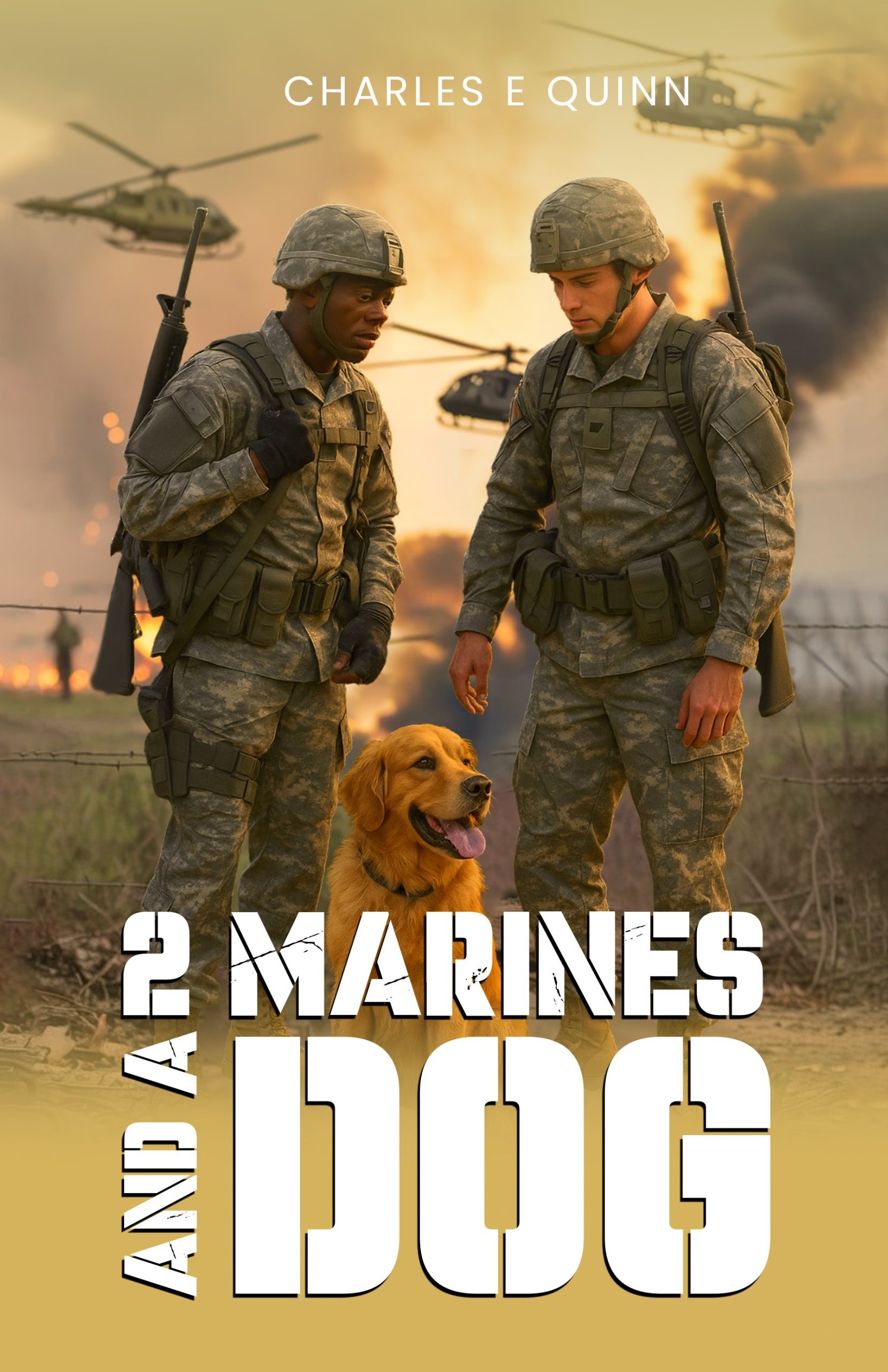The Mekong Delta was a place where survival was counted in minutes, where the air was thick with humidity, gunpowder, and the sound of incoming fire. Out there, every breath was borrowed time. For Marines like Spencer, the war was a constant test of instinct and endurance — and somehow, against the odds, he passed. He made it through the firefights, the mud, the ambushes. He made it through the deafening nights where mortars turned the darkness into chaos.

But no one warned him that the real war would start when the shooting stopped.
Coming home, the first thing he noticed was the silence. Not the peace-and-quiet kind, but the heavy, suffocating absence of the only sounds he’d known for years. No helicopters overhead. No boots splashing through paddies. No Tyler — his closest friend, who didn’t make it back. The quiet streets of suburbia felt alien, like stepping onto a movie set where he no longer belonged.
He tried to pick up where life had left off. He had an apartment, a wife, and the trappings of normalcy. But inside, it was all rubble. Nights brought nightmares that yanked him back into the jungle, heart pounding, hands searching for a rifle that wasn’t there. Days were filled with a dull ache of disconnection — conversations that seemed trivial, smiles that felt like lies.
That’s when the bottle became his constant companion. At first, the whiskey dulled the edges, turned the memories into something he could keep at bay. But the relief was short-lived. Each drink pushed him further away from the man he used to be, further from the people who loved him. Arguments replaced conversations. Distance replaced intimacy. His wife’s patience began to crack under the strain of a man who was physically present but emotionally lost.
Then came the letter — worn, yellowed, smelling faintly of time. Tyler’s mother had written, sharing news that her son was being awarded the Medal of Honor. The recognition was bittersweet, the pride tangled with grief. For Spencer, it was also a lifeline. An invitation to the ceremony in Washington wasn’t just about honoring a fallen friend; it was a chance to face the ghosts he’d been running from.
In 2 Marines and a Dog by Charles Quinn, this moment is a turning point. It captures the reality many veterans face: the battlefield ends, but the fight inside never truly does. Quinn doesn’t just write about war; he writes about the impossible task of finding peace after it.
For Spencer, the journey to Washington wasn’t just miles on a train — it was a fragile hope that he could crawl out from under the weight of memory, addiction, and regret. And maybe, just maybe, find a way to survive coming home.
Because sometimes, the hardest part of war isn’t leaving. It’s learning how to live again when you get back.
